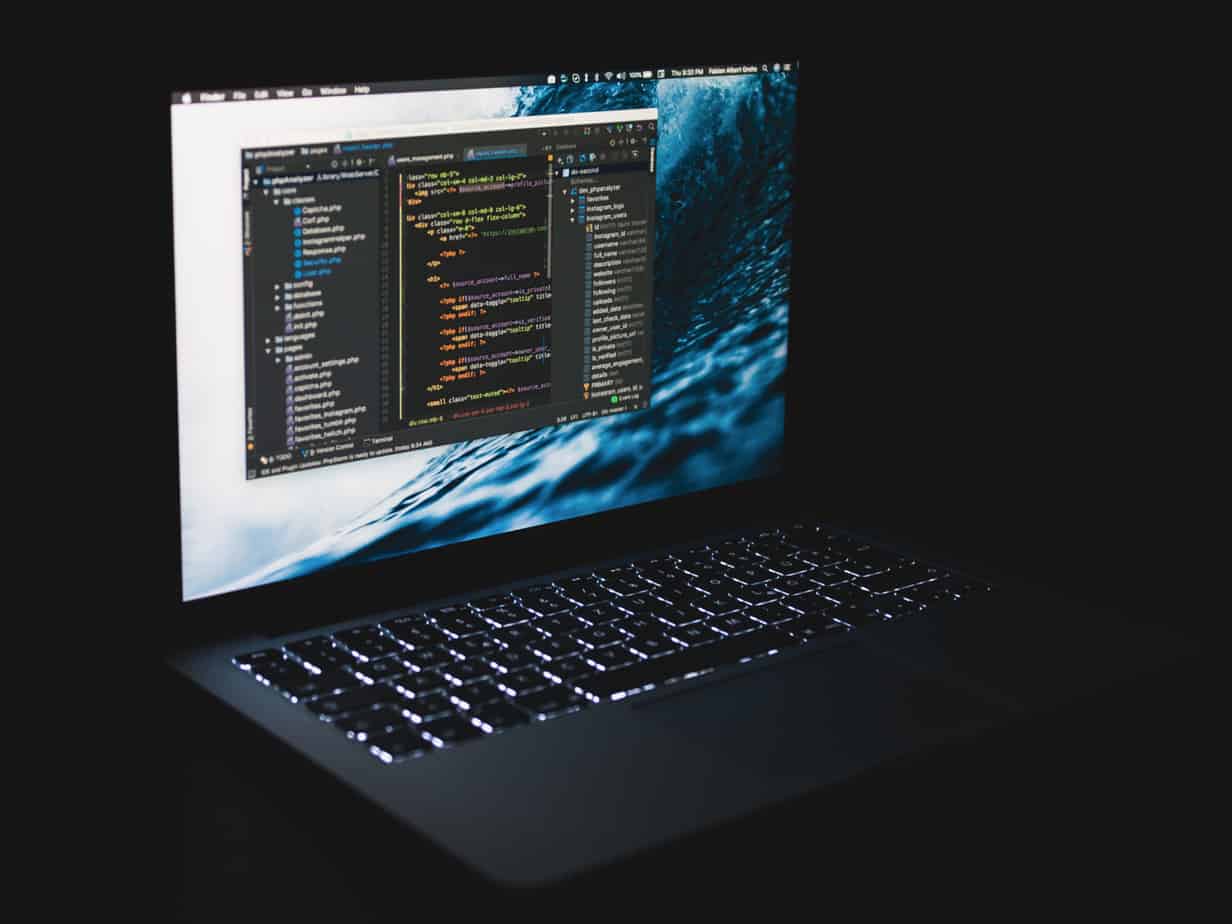
"Consumers are looking for the best deals on fashion items, electronics, and more, but not always from reputable sellers. Online brand protection software provider Incopro, in partnership with Sapio Research, conducted a survey with 1,059 U.S. respondents in October 2019 to understand how consumers are influenced online, and whether they know — or care — that they are being tricked."
"'Our research shows that some consumers are regularly being tricked into buying counterfeit goods while others are making the conscious decision to purchase fake products, which can be unsafe and/or contribute to funding criminal networks,' said Piers Barclay, Chief Strategy Officer of Incopro. Consumer education and leadership on this matter is needed from public influencers, including online marketplaces, policy makers, brands, and search engines, to avoid a deeper plunge into the abyss of the black market.'"
"Incopro's survey findings in the U.S. include:
- 26% of respondents have been fooled into buying at least one counterfeit product in the past 12 months. The median amount mistakenly spent on fake products is $69 per person. More than a quarter (27%) of respondents never received a refund from an online marketplace despite reporting a seller of counterfeit goods.
- One in two U.S. consumers (52%) have lost trust in a brand after unintentionally purchasing counterfeit products online.
- 32% of U.S. consumers believe online marketplaces should be doing more to stop the purchase of counterfeit goods. Sears is the most trusted online marketplace while eBay and Wish are the least trusted online marketplaces for buying genuine goods.
- When asked which fakes pose the biggest threat to society online 34% said fake pharmaceuticals.
- Almost one in five consumers (18%) don’t care that a trade war with China would mean more counterfeit goods becoming available online. While it is concerning that one in seven (15%) actually see more fake goods being available as a good thing.
- 32% answered "yes, definitely" or "yes, maybe" to willingly buying fake clothing, fake leather goods, and fake jewelry."
"According to Incopro's survey, almost a third of the respondents (31%) want the U.S. government to do more to stop the sale of counterfeit goods online."
"'While the online environment is becoming increasingly complex, the research suggests that changing consumer preferences are pressuring brands and platforms — whether ecommerce or social — to meet evolving expectations by taking greater action to flag genuine goods, limit the propagation of fake items, and take responsibility swiftly and with integrity when issues arise,' said book author, international speaker, and podcast host, Nathalie Nahai of The Web Psychologist LTD. 'How brands and platforms rise to meet these challenges remains to be seen.'"
E‑Commerce Avoiders may be converted to online shoppers if companies promote the authenticity of the goods they are selling. According to AudienceSCAN, E‑Commerce Avoiders are 53% more likely than other consumers to be afraid to click on display/banner ads or special offers emails. Instead, businesses should send offers via direct mail, a format that induced 56.4% of these consumers to take action last year.
AudienceSCAN data is available for your applications and dashboards through the SalesFuel API. In addition, AdMall contains industry profiles on electronics and accessories stores and fashion accessories stores, as well as lead lists at the local level. Media companies, sales reps and agencies can access this data with a subscription to AdMall from SalesFuel.
